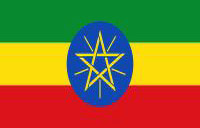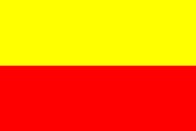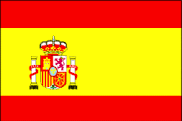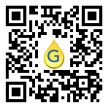
Sir Alexander Fleming M.B., B.S.
The Nobel Prize in Physiology or Medicine 1945
Co-Nobelists: Ernst B. Chain, Sir Howard Florey
Physician - Bacteriologist, Immunologist. While researching Influenza virus, made ground breaking discovery: penicillin, by not neglecting chance observation - mould contaminating culture plate. WWI caused interest in Antiseptics. WWII, production cost was immaterial. Destiny.
Lone worker gets idea; details developed by team, but prime idea is due to enterprise, thought, perception of an individual.
Nobel Prize General Info
"For many years I have read of people getting the Nobel Prize. Then I always regarded them as a superior class to which it was almost impossible to aspire. Now suddenly I find myself in that class and I wonder whether they are so different. Did they obtain this great distinction - for indeed it is the greatest distinction a scientist can obtain - by deep thought or did Dame Fortune play a part. We all know that chance, fortune, fate or destiny - call it what you will has played a considerable part in many of the great discoveries in science. We do not know how many, for all scientists who have hit on something new have not disclosed exactly how it happened. We do know, though, that in many cases it was a chance observation which took them into a track which eventually led to a real advance in knowledge or practice. This is especially true of the biological sciences for there we are dealing with living mechanisms about which there are enormous gaps in our knowledge."
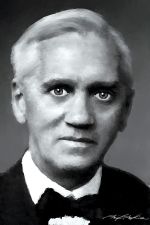
Painting Tim Tompkins - PaintHistory.com
Name: Sir Alexander Fleming
Birth: 6 August 1881, Lochfield, Scotland
Death: 11 March 1955, London, United Kingdom
Affiliation at the time of the award: London University, London, United Kingdom
Prize motivation: "for the discovery of penicillin and its curative effect in various infectious diseases"
Field: anti-bacterial agents, bacteriology, biochemistry
Prize share: 1/3
Biography
Nobel Prize General Info
Nobel Medal Cash and Philanthropy
Quotations
Spirituality




